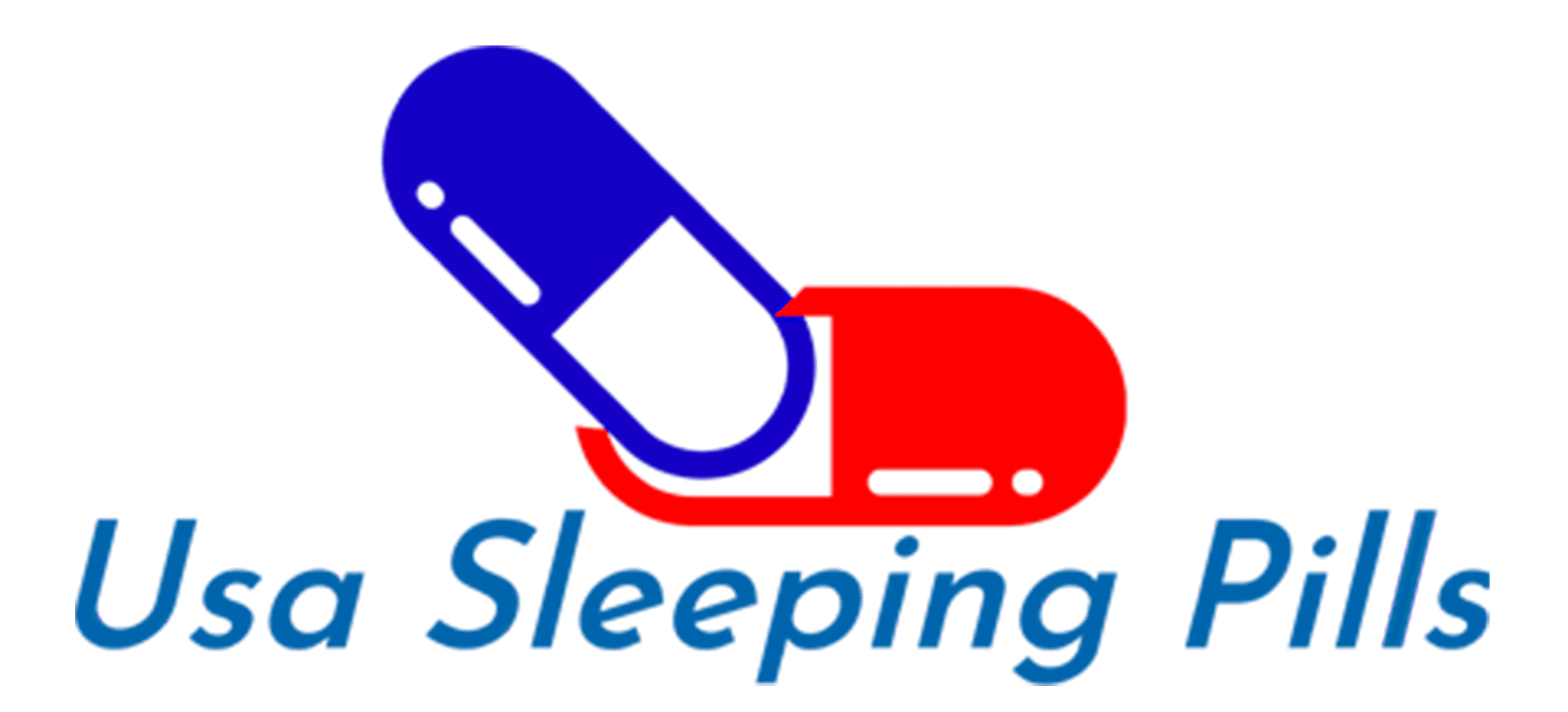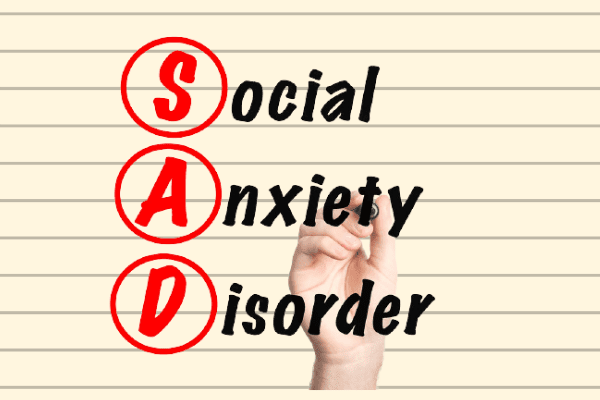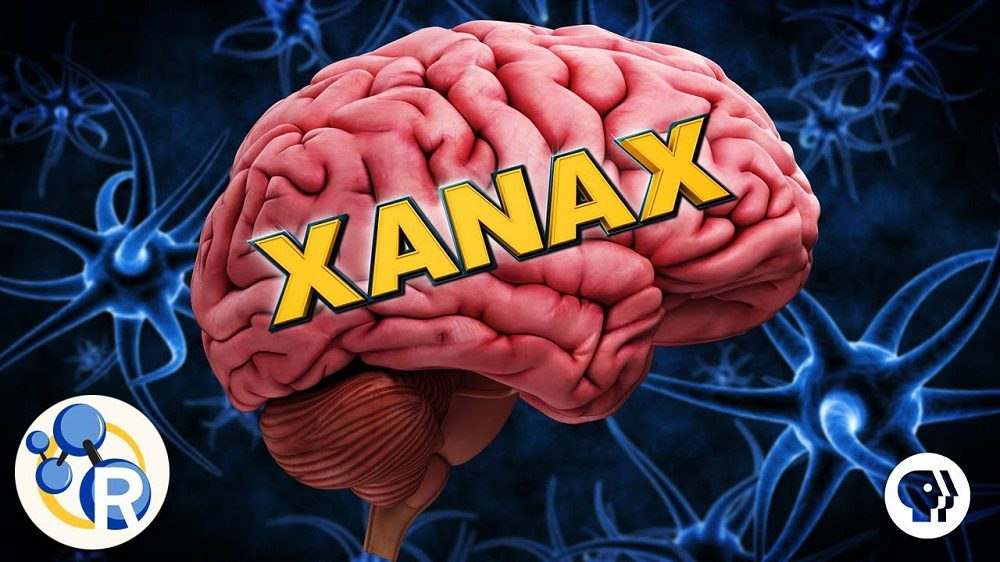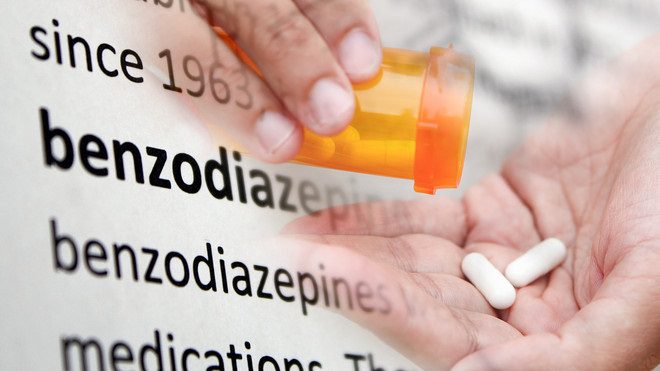Guide of Social Anxiety Disorder Test | A to Z
Strong Sleeping Pills
February 19, 2021
Comparison between Zopiclone and Zolpidem
February 23, 2023Social Anxiety Disorder Test with Full Description
People can take some social anxiety disorder tests to determine if they meet the diagnostic criteria for social anxiety disorder (social phobia). But Before knowing the test need to know what is social anxiety disorder.It’s normal for people to feel nervous in certain social situations. When you attend a date or give a presentation, for example, you may feel butterflies in your stomach. As a result of fear of being scrutinized by others, those with social anxiety disorder, also called social phobia, experience anxiety, shame, and embarrassment.
As a result of anxiety and fear, people with social anxiety disorder avoid social situations. The effects of severe stress can be felt in your relationships, daily routines, work, school, and other activities.
A mental health condition such as social anxiety disorder can diminish your confidence and interfere with your ability to interact with others, but learning coping skills in psychotherapy and taking medication can help.
Social Anxiety Disorder: Symptoms, Causes and Treatment
What is Social Anxiety Disorder (Social Phobia)?
Social Anxiety Disorder, or social phobia, is a specific type of anxiety disorder characterized by extreme anxiety, discomfort, and self-consciousness. Although it is normal for people to feel anxious in social settings, those with a social anxiety disorder (social phobia) are more anxious about interacting with others in a variety of social settings.
This type of anxiety negatively affects an individual’s functioning and negatively affects their relationships. Anxious people realize that their anxious emotions are irrational, not based on fact, and are not logically based.Anxiety disorders such as social anxiety disorder (SAD), also called social phobia, cause distress and impairment in daily functioning as well as fear and anxiety of social settings. Fear of being scrutinized or being discovered can trigger this fear. Sufferers of social anxiety disorder fear being judged negatively by others.
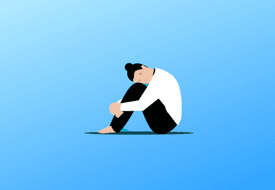
A number of physical symptoms may accompany the disease, such as excessive blushing, excessive sweating, trembling, palpitations, and nausea. You may also experience stammering, rapid speech, and excessive sweating. During times of excessive fear and discomfort, panic attacks may occur. To reduce fears and inhibitions when attending social events, some sufferers drink or use other drugs. So for safety make sure about social anxiety disorder test then treatment.
Self-medicating in such a way is a common practice for those suffering from social phobia, especially if they go undiagnosed, untreated, or both; this may lead to alcoholism, eating disorders, and other types of substance abuse. SAD is often referred to as an illness of lost opportunities, where “individuals make major life decisions to accommodate their illness”.
As per ICD-10 guidelines, social phobia is characterized by the fear of being the center of attention, or afraid of behaving in ways that will be embarrassing or humiliating, as well as avoidance and anxiety symptoms. Standardized rating scales can be used to determine the severity of anxiety and screen for social anxiety. However, if you feel too much trouble can be confirmed through this social anxiety disorder test.
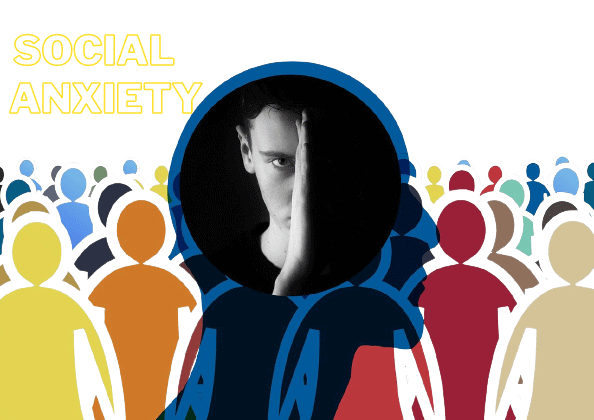
Some of the most common triggers
These situations commonly cause distress and anxiety in people with social anxiety:
- Talking in public
- Taking a meal in front of other people
- Speaking to strangers
- To be the focus of attention
- Going out on dates
- Getting a new job involves an interview
- The thrill of meeting new people
- Meet the eyes of others
- Working or going to school
- Publicly making phone calls
- Toilets in public places
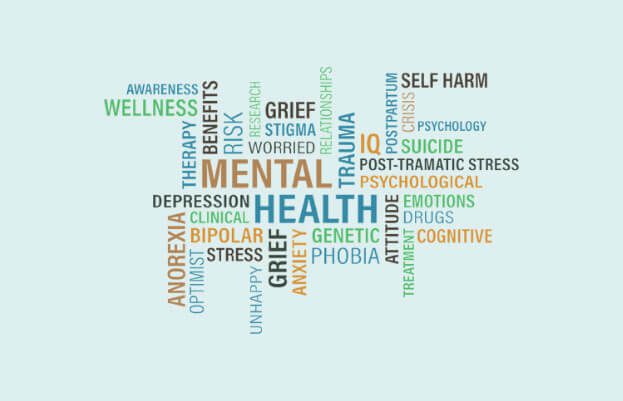
Social anxiety disorder symptoms
Social anxiety disorder, particularly among children, is not always accompanied by feelings of shyness or discomfort. It depends on a person’s personality and life experiences how comfortable they are around others. Reserved individuals may be more comfortable in outgoing situations.
Anxiety, fear, and avoidance are characteristics of social anxiety disorder rather than the nervousness of daily life. They interfere with relationships, routines, work, schooling, or other activities. In children and adults, social anxiety disorder usually begins in their teens, although it can also develop in very young children or adults.
There are many symptoms of social anxiety disorder including physical, emotional, and behavioral ones. Among the signs and symptoms of social anxiety disorder are constant:
- Feeling fearful that you may be negatively judged
- Feeling embarrassed or humiliated is a concern for you
- Faces intense anxiety when interacting with others
- Anxiety about others noticing your anxious appearance
- Feeling embarrassed when you blush, sweat, tremble or have a shaky voice
- The fear of embarrassment that prevents people from doing or speaking things
- Avoid situations where you are seeking attention
- Anticipating an event or activity that causes anxiety
- Analyzing how you performed in a social situation and identifying flaws in your performance
- Prevent yourself from becoming the center of attention
- When a negative experience in a social situation is anticipated to have the worst effects
It is common for children to cry, have temper tantrums, cling to their parents, or refuse to speak in social situations when they are afraid to interact with adults or peers. When it comes to social anxiety disorder, there are several types, such as performance anxiety disorder, where anxiety occurs excessively during speaking in public but not during other types of more general social situations.
Physical Symptoms
- The rapid beat of the heart
- Tension or twitching of the muscles
- Feeling dizzy
- Blushing
- Anxiety in the stomach
- Terrorizing
- Having a blank feeling in your mind
- Sweating excessively
- Mouth and throat dry
Emotional Symptoms
- Fear and anxiety at high levels
- Feeling nervous
- An emotional cycle that is negative
- A panic attack
- Having a body part that appears different from the rest of their body
Behavioral Symptoms
- Exercising restraint because of embarrassment fears
- The individual should avoid situations in which he or she may feel in the spotlight
- Individuals may become isolated; they may quit their jobs or give up school
- The excessive consumption of alcohol or the abuse of drugs
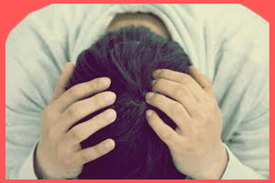
Top 3 Causes
What causes social anxiety:
Social anxiety disorder (social phobia) does not have an exact cause. It is possible, however, that environmental factors, as well as genetics, are responsible for causing the condition. It is not causally related to the development of social anxiety disorder whether young children have been abused or suffered other early psychological trauma. However, they can still be regarded as risk factors.A person prone to behavioral inhibition is also predisposed to social anxiety disorder when they are both at risk of distress, or fear of judgment, in unfamiliar situations. In addition, social anxiety may also be genetically influenced, since behavioral traits such as these are strongly influenced by genes.Additionally, social anxiety disorder is a hereditary condition. Family members of people with social anxiety disorder have a 2-6 times greater chance of developing the disorder.
A number of biological and environmental factors may interact to produce social anxiety disorder, as is the case for many mental health conditions.
Possible causes include:
01. Inheriting traits: Generally, anxiety disorders run in families. However, it isn’t completely clear what proportion of these factors is a result of genetics and what proportion is a product of learned behavior.
02. Environment: It is possible for people to acquire social anxiety disorders by experiencing a painful social experience. Additionally, a social anxiety disorder may also be associated with parents who either model anxious behavior in social situations or who overprotect or control their children.
03. Brain structure: Amygdala (am-YIG-duh-LUH) is a structure in the brain that is thought to be involved with controlling fear. Social situations can be more challenging for individuals with an overactive amygdala.
Top Risk factors
It is possible to develop social anxiety disorder for several reasons, including:
Family history: A family history of social anxiety disorder significantly increases your chances of developing it as well.
Temperament: Those children who show shyness, timidity, withdrawal, or restraint when confronting new situations or people may have a greater risk of developing this behavior.
Negative experiences: A social anxiety disorder may affect children who are subjected to harassment, bullying, rejection, ridicule, or humiliation. The disorder may also be linked to other traumatic events in life, including family conflict or abuse.
Having an appearance or condition that draws attention: People with disfigurement due to Parkinson’s disease, stuttering, or tremors may experience social anxiety disorder due to their self-consciousness.
New social or work demands: When social anxiety disorder symptoms appear for the first time, they are usually prevalent during adolescence. However, meeting new people, giving a speech in public, or giving an important presentation at work may trigger symptoms.
Complications
You can lose control of your life if you don’t treat social anxiety disorder. The fear of anxiety can affect a person’s performance at work, school, relationships, and daily living. Some of these:
- The feeling of low self-esteem
- Self-talk that is negative
- A lack of social skills
- Achievements in academics and employment are low
- Suicide attempts or suicides
- Assertiveness issues
- A hypersensitive attitude toward criticism
- Disagreements with others and isolation
- Too much alcohol consumption, for instance, is a substance abuse problem
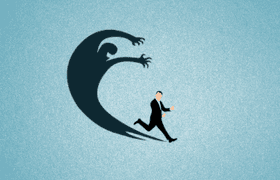
There are often other anxiety disorders and particularly mental health disorders associated with social anxiety disorder, such as major depressive disorder and substance abuse problems.
Statistics
About 15 million adults in the United States suffer from a social anxiety disorder. Many of them don’t about the treatment or social anxiety disorder test.
National Comorbidity Survey data show that social anxiety has a prevalence rate of 6.8%, making it the third most prominent mental illness in the United States.
Statistically, women are more likely to suffer from a social anxiety disorder than men.
About one-third of people undergo treatment before seeking medical attention.
There are effective treatments for social anxiety disorder, but fewer than 5% of people seek treatment within a year of suffering from it.
Cognitive Behavior Therapy was found to significantly improve or improve recovery rates for 85% of participants in one study.
.
Possible Treatments of Social anxiety disorder
The primary treatment for social anxiety disorder is cognitive-behavioral therapy (CBT). SSRIs, particularly paroxetine, are effective at treating social phobia. Cognitive-behavioral therapy is an effective way to deal with this disorder, whether individual or group sessions are conducted. Cognitive and behavioral therapy aims to alter thought patterns and physical responses to situations that cause anxiety.
With the approval and marketing of drugs for treating social anxiety disorder, attention to the disorder has increased dramatically since 1999. In addition to prescribed medications, patients may take monoamine oxidase inhibitors (MAOIs) and selective serotonin reuptake inhibitors (SSRIs). Beta-blockers and benzodiazepines are also commonly used medications.
After doing social anxiety disorder test with effective therapy and patience, this is a fully treatable condition. Finding a treatment pathway that works best for you may require finding a specialist in your area. Your doctor may suggest the following treatment options:
Cognitive-Behavioral Therapy (CBT)
Cognitive-behavioral therapy (CBT) has extensive evidence of success in helping to treat social anxiety disorder (social phobia). CBT is defined by the American Psychological Association (APA). CBT focuses on unhelpful beliefs and how they affect behavior.With social anxiety-specific cognitive behavior therapy, the individual’s thoughts, beliefs, feelings, and behaviors are changed in social situations. The individual may learn staying out of social situations will keep them emotionally stable if they experience anxiety when doing certain things and feel less anxious when they choose not to do them, explains Kelly Freeman, LCSW.In treatment for mental disorders, the cognitive component is the part that people can be taught. The act of practice allows the individual to automatically think in new ways when they notice unhelpful thoughts. For instance, a person who is anxious might try replacing “everyone will stare at me if I attend the party” with “the feelings that I am experiencing aren’t rational right now”. As soon as the party is over, I’ll be glad I went, because I will have changed the cycle.Social anxiety disorder sufferers who attend group therapy participate in the behavioral component of CBT. All members of the behavioral group participate in mildly anxiety-inducing activities to build their sense of confidence and help them perceive social situations more rationally. In turn, the anxiety experienced in social situations is gradually reduced.
The symptoms of anxiety can also be relieved by relaxation techniques for people with social anxiety disorder. Several techniques, including massage, meditation, mindfulness, hypnosis, and hypnoanalysis, have been shown to be beneficial. The problem is, these methods don’t help people fully recover from social anxiety. Those who struggle with social anxiety can only achieve lasting outcomes with CBT by changing unproductive thinking into useful thinking, and by facilitating habitual, effective behavior.
Exposure therapy
By gradually interacting with social situations, rather than avoiding them, this type of therapy may help you gain confidence.
Group therapy
Social skills and techniques are learned in this therapy so you can interact with people in social situations. You may feel less alone if you participate in a group therapy session with others who share your fears. Through role-playing, you can practice your new skills.
As a result of translational research, a novel treatment approach has recently been developed. Exposure therapy for social phobia is more effective when combined with acute dosing of d-cycloserine (DCS). This old antibiotic medication is used to treat tuberculosis but does not have any anxiolytic effects per se. Although it is an antagonist, it acts as an agonist on glutamatergic N-methyl-D-aspartate (NMDA) receptors, which play a key role in the memory and learning process.
Social skills and techniques are learned in this therapy so you can interact with people in social situations. You may feel less alone if you participate in a group therapy session with others who share your fears. Through role-playing, you can practice your new skills.
Home Treatments Before Social Anxiety Disorder Test
Before doing a social anxiety disorder test people can try some treatment at home and that is effective. As like:
Staying away from caffeine
A food like coffee, chocolate, or soda can increase anxiety as a stimulant.
The importance of getting enough sleep
It is recommended to get eight hours of sleep each night. Not getting enough sleep can lead to anxiety and worsen social anxiety symptoms.
If therapy and lifestyle changes don’t improve your anxiety or depression, your healthcare provider may prescribe medication. However, these medications are rarely effective at eradicating this condition. You can still function in your daily life, however, if you take them to alleviate your symptoms. Your symptoms may improve within three months of taking the medication.
Treatment for social anxiety disorder is available from the Food and Drug Administration (FDA) with Paxil, Zoloft, and Effexor XR. In order to prevent side effects, you might be prescribed a low dosage at first and gradually increase it over time.
To determine the right treatment for you, talk to your physician about the benefits and risks.
These medications have the following common side effects:
- Stomach upset
- Insomnia (sleeplessness)
- Gaining weight
- Lack of desire for sexual relations
Medication
Social anxiety disorder (social phobia) can be treated with medication for some people, but not all of them. Social anxiety disorder tests can be used to determine whether you need treatment for your situation.
According to research, the use of anti-anxiety medications, such as benzodiazepines and certain selective serotonin reuptake inhibitors (SSRIs) along with CBT has been most beneficial. People with social anxiety cannot change their neural pathway associations in the brain permanently through medication alone.
Diagnostic Criteria in DSM-5
Social anxiety disorder is diagnosed by your healthcare provider based on the symptoms and behavioral patterns you display. We will ask you questions regarding your symptoms and the situation in which they manifest during your consultation.
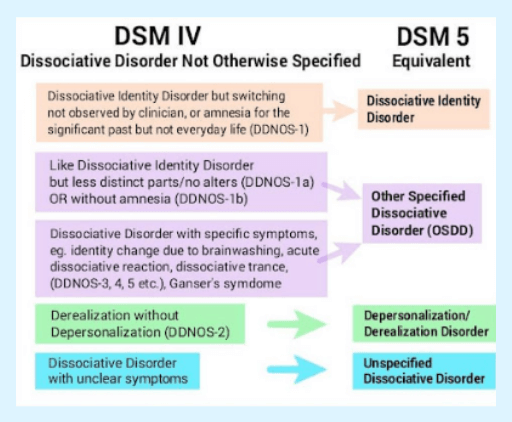
Social anxiety disorder meets the following diagnostic criteria as outlined in the DSM-5:
- For at least six months, a person has demonstrated a persistent fear or anxiety about potentially being scrutinized by others in one or more social settings.
- Anxiety-related to appearing to show anxiety symptoms in a way that will make others negatively evaluate you. A child must be able to experience anxiety when interacting with peers and not just with adults.
- There is almost always fear and anxiety associated with social situations.
- A person avoids or endures social situations with intense fear.
- There is an abnormally high level of anxiety or fear in comparison to the threat.
Prevention
While you can’t predict what will trigger someone to develop an anxiety disorder, you can take steps to reduce the impact of symptoms if you’re anxious:
Get help early: It can be difficult to treat anxiety if you delay treatment, as it is with many other mental illnesses.
Make a journal: You can keep track of your personal life to identify what’s causing you stress and what seems to help you feel better with the help of mental health professional.
Set priorities in your life: Managing your time and energy well will help you reduce anxiety.
Avoid use of unhealthy substance: Anxiety can be caused or worsened by alcohol, drugs, caffeine, and nicotine use. Quitting any of these substances can cause anxiety if you are addicted to them. If you are unable to quit on your own, seek help from your health care provider or find a support group or treatment program.
Other drugs
Other prescription drugs may also be used in case other methods do not work. Social anxiety was commonly treated with MAOIs like phenelzine before SSRIs were developed. MAOIs continue to be effective for treating and managing social anxiety disorder, and this is the reason they are still used, but only as a last resort medication because of concerns about dietary restrictions, possible drug interactions, and multiple daily dosages. But before taking these drugs make sure with a social anxiety disorder test.
With dietary tyramine consumption, a newer form of this medication, RIMAs (reversible monoamine oxidase subtype A inhibitors), reduces the risk of hypertension significantly. Moclobemide is one such RIMA. Researchers found that RIMAs were less effective than irreversible MAOIs such as phenelzine in treating social anxiety disorder.
A benzodiazepine is a good alternative to SSRIs. Typically, these drugs are recommended for short-term relief of severe, disabling anxiety for a limited time frame of over a year. Even though there are certain countries that still prescribe benzodiazepines long-term for daily use, there are concerns about drug tolerance, addiction, and misuse. The use of benzodiazepines should be reserved for individuals who are not responding to other medications.
Benzodiazepines boost GABA’s action, the brain’s major inhibitory transmitter; effects usually begin to manifest in a short space of time. Benzodiazepines exert sedative effects quickly, but their anxiolytic effects do not develop rapidly among patients. Long-term use of benzodiazepines can be physically addictive, and abrupt discontinuation is recommended due to the potential for withdrawal symptoms (including tremors, insomnia, and, in rare instances, seizures.
In reality, though, patients with a social anxiety disorder may be better tolerated with a gradual tapering of clonazepam (a reduction of 0.25 mg every two weeks). It is not recommended to use benzodiazepines as monotherapy for patients with major depression and social anxiety disorder, as well as those with a history of substance abuse.
In addition to benzodiazepines, certain anticonvulsants may also be effective in treating social anxiety disorder. Gabapentin is one example. The effectiveness of serotonin-norepinephrine reuptake inhibitors (SNRIs) such as venlafaxine is similar to that of SSRIs. As a Japanese treatment for social anxiety disorder, Milnacipran is used to treat Taijin kyofusho, a variant of social anxiety.
Researchers have studied the effects of atypical antidepressants on social anxiety disorder, and mixed results have been observed. People who suffer from phobias related to performance, such as performance phobia, have sometimes found relief from beta-blockers, which are more commonly used for high blood pressure. Taking them before a public performance can control the physical manifestations of anxiety.
In addition to kava-kava, kava-kava is considered a possible treatment, although there are safety concerns. Besides, it is better to do some social anxiety disorder tests. There have some social anxiety products also, check this.
Social Anxiety FAQs
What is the best way to test for social anxiety?
For social anxiety disorder, there is no medical test. Social anxiety disorder (or social phobia) can be diagnosed by a psychiatrist or another mental health professional based on your descriptions of your symptoms, how they occur, and in what circumstances they occur. To determine if you have a mental disorder, your doctor will use the Diagnostic and Statistical Manual of Mental Disorders (DSM-5) criteria.
How can I get a social anxiety disorder test?
The first step in being diagnosed with a social anxiety disorder is to speak with your healthcare provider.
If you have symptoms that may be linked to underlying physical health conditions, your doctor will examine you. If your doctor thinks you have an anxiety disorder, he may refer you to an anxiety disorder specialist.
Is it possible to self-diagnose social anxiety?
Diagnoses of mental health disorders such as social anxiety can only be made by trained professionals such as psychiatrists or psychologists. Self-diagnosis is not permitted, but you can find out if your symptoms come from normal shyness or from something else.
Can social anxiety ever be cured?
The majority of people who suffer from social anxiety will not recover without treatment. Whenever you experience symptoms of social anxiety disorder, it is very important to seek out mental health treatment. It is generally considered the most effective form of treatment for social anxiety to be cognitive-behavioral therapy (CBT). CBT is a type of therapy that helps you identify your negative thought patterns and behavior patterns and to change them.
What do you feel?
Let us know if you feel any of the following problems:
- When social situations arise, do you feel anxious?
- When in social situations, do you worry that others will negatively evaluate you?
- Afraid or anxious about social situations, do you avoid them?
- When you don’t know people well, do you avoid those situations or feel uncomfortable?
- Is it difficult for you to perform in front of others? Do you get nervous when you speak in a meeting, give a presentation, or attend a party?
- When you are in a group setting, is it easy to imagine that others are judging you as anxious, weak, crazy, stupid, boring, intimidating, dirty, or unlikeable?
- Do you worry about people noticing you blush, tremble, sweat, stumble over your words, or stare if you experience anxiety symptoms in social situations?
- Do you take any social anxiety disorder tests before taking drugs?
For more information please contact us.
